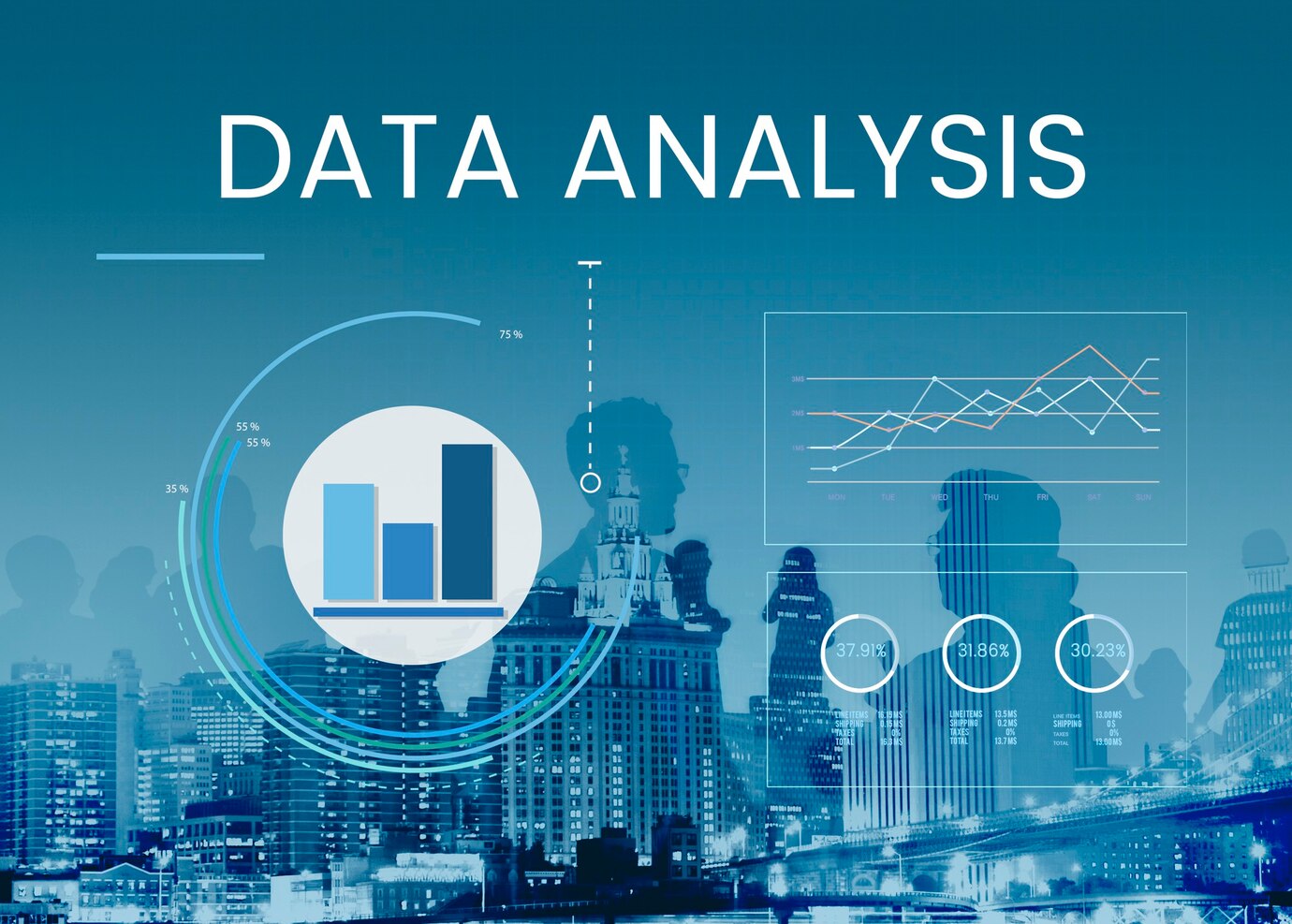How to Use Big Data in Mobile App Development
The mobile app industry has grown exponentially, and with it, the competition among mobile app developers has intensified. In this dynamic environment, staying ahead requires leveraging every possible advantage, and one of the most potent tools in this arsenal is big data. The effective use of big data can transform the app development process, helping developers create more engaging, efficient, and user-centric applications.
Understanding Big Data in Mobile App Development

Big data refers to the massive volumes of structured and unstructured data generated every second by users, systems, and applications. For mobile app developers, big data offers insights into user behavior, preferences, market trends, and app performance. By analyzing these insights, developers can make data-driven decisions that improve user experience and app functionality.
Enhancing User Experience with Data-Driven Insights

One of the primary ways big data benefits mobile app developers is by enhancing the user experience. By analyzing user data such as app usage patterns, session durations, and frequently accessed features, developers can identify areas for improvement. For example, if data shows users abandoning an e-commerce app during the checkout process, developers can focus on simplifying and optimizing that stage.
Additionally, big data enables personalization, which is a cornerstone of modern app development. By understanding individual user preferences, apps can offer tailored content, recommendations, and experiences. This level of customization not only boosts user satisfaction but also increases engagement and retention rates.
Streamlining App Development and Testing

Big data also plays a pivotal role during the development and testing phases of an app. Mobile app developers can use analytics tools to monitor how users interact with prototypes or beta versions. This data helps identify bugs, glitches, or features that may not be working as intended. Furthermore, predictive analytics powered by big data can forecast potential issues, allowing developers to address them proactively.
For example, A/B testing is a popular method where developers test two different versions of an app feature to see which performs better. Big data ensures that such testing is backed by comprehensive analysis, leading to more accurate results and better decision-making.
Optimizing Performance and Scalability

Performance is a critical factor for any mobile application. Big data helps developers monitor app performance in real time, offering insights into issues like slow loading times, crashes, or excessive battery usage. By addressing these problems promptly, developers can ensure a smooth and seamless experience for users.
Moreover, big data can guide developers in optimizing their apps for scalability. By analyzing user growth patterns and server load statistics, developers can prepare for increased traffic and ensure that their apps remain reliable even during peak usage.
Driving Marketing and Monetization Strategies

For mobile app developers, the journey doesn’t end with app creation. Effective marketing and monetization strategies are crucial for the app’s success. Big data provides valuable insights into user demographics, preferences, and behaviors, enabling targeted advertising campaigns. Developers can use these insights to create marketing messages that resonate with their audience, driving downloads and user engagement.
In terms of monetization, big data can identify the most effective revenue models, whether it’s in-app purchases, subscriptions, or advertisements. For example, if data shows that users are more likely to make in-app purchases after achieving certain milestones, developers can design their apps to encourage these actions.
Leveraging Emerging Technologies with Big Data

Big data doesn’t operate in isolation. Mobile app developers can combine it with other emerging technologies like artificial intelligence (AI) and machine learning (ML) to unlock even greater potential. For instance, AI-powered algorithms can analyze big data to predict user behavior, enabling more accurate recommendations and dynamic app features.
Similarly, integrating big data with Internet of Things (IoT) devices allows developers to create apps that interact seamlessly with smart devices. This opens up new possibilities for innovation, particularly in industries like healthcare, home automation, and fitness.
Addressing Privacy and Security Challenges

While the benefits of big data are immense, it also comes with challenges, particularly around privacy and security. Mobile app developers must ensure that they handle user data responsibly and comply with regulations such as GDPR or CCPA. Implementing robust encryption, secure authentication methods, and transparent privacy policies can build trust and protect user information.
The Future of Big Data in Mobile App Development

The role of big data in Mobile App Development will only continue to grow as the industry evolves. With advancements in data analytics tools and techniques, mobile app developers will gain even deeper insights into user behavior and market trends. By staying ahead of these trends and leveraging big data effectively, developers can create apps that not only meet but exceed user expectations.
In conclusion, big data is no longer just an option for mobile app developers; it is a necessity. From enhancing user experience to driving marketing strategies and ensuring robust performance, big data offers unparalleled opportunities for innovation and growth. By embracing big data and integrating it into every stage of app development, developers can set themselves apart in an increasingly competitive market.






